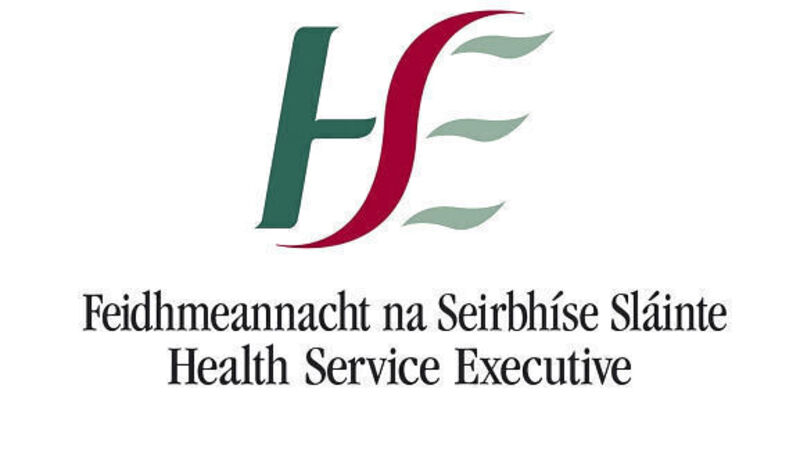HSE culture found wanting once again

It is all but incomprehensible that in a society so very recently shaken to its core by historical revelations of child abuse, this kind of regulatory neglect is even possible.
It is more than disappointing that the Ombudsman reported that the HSE imagined that monitoring the facilities between scheduled inspections — usually every three years — was an option rather than an obligation.














